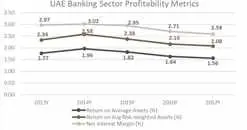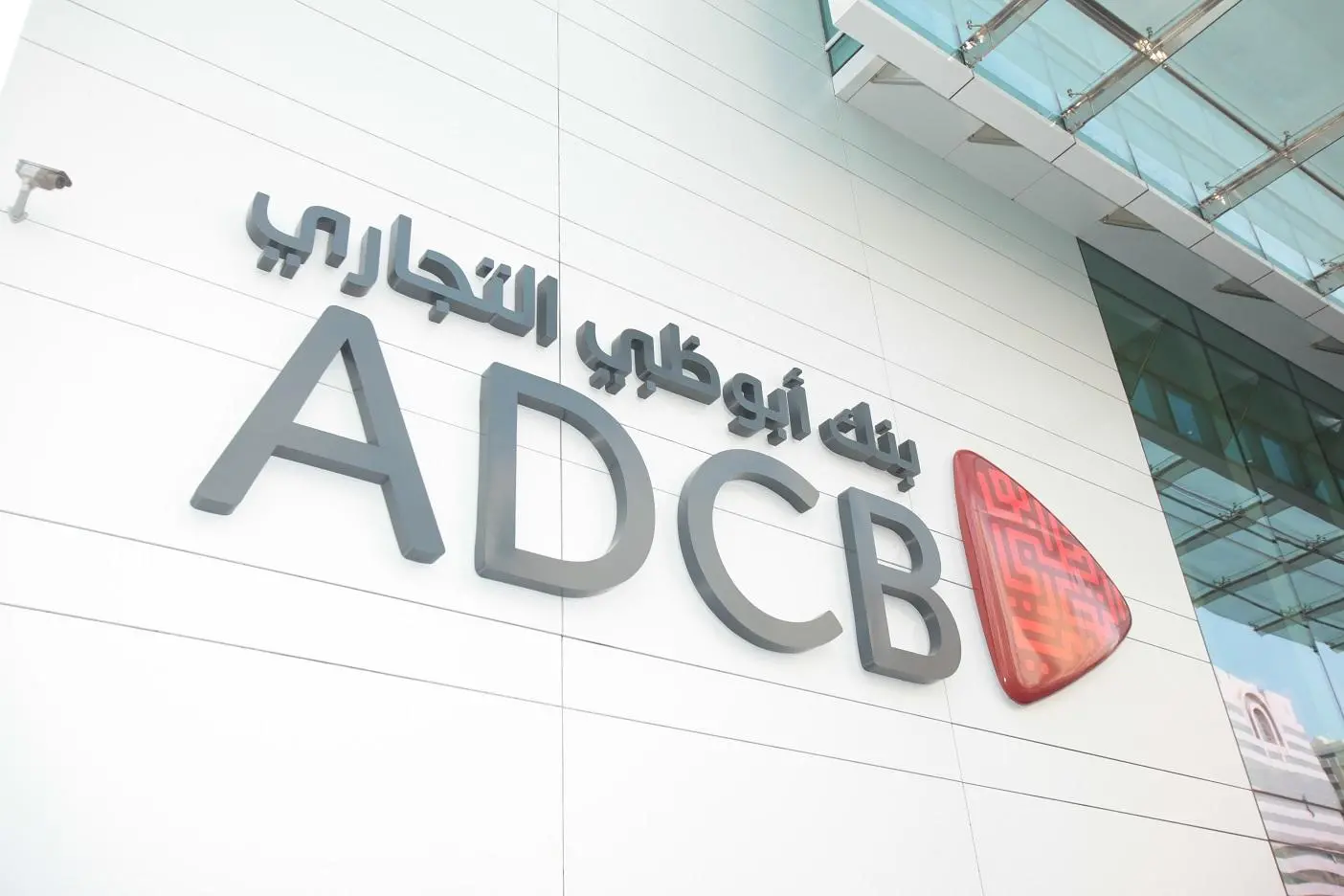PHOTO
More bank mergers are likely to occur across many parts of the United Arab Emirates but may not be that prevalent in Dubai, according to one of the co-heads of investment banking at EFG Hermes.
In a media roundtable event discussing the investment banking landscape across the region, Mohammed Fahmi, co-head of investment banking at EFG Hermes, said that a lot of consolidation has been taking place in Abu Dhabi, through the merger last year that created First Abu Dhabi Bank, the country's biggest bank in terms of total assets, and the joining together of some of the emirate’s sovereign funds.
"It is happening with the other banks, potentially," he said.
"I think, generally, you will see more and more consolidation in Abu Dhabi. And I think that will eventually come to Dubai... In Sharjah, absolutely," Fahmi added.
"It's happening across sectors. Banks are very obvious... and even beyond financial services. We're seeing it in a lot of service companies, we're seeing it in a lot of industries."
Fahmi said that he believed that such mergers were generally good for the market.
"Because I think it eliminates a lot of inefficiencies, it helps create really big, national champions that are much more efficient and much more profitable."
However, he said in response to a question regarding potential bank mergers in Dubai that "nothing seems on the horizon and when you see the current banks in Dubai, particularly, and the ownerships, you don't see a lot of actionable targets or a lot of people who are willing to let go of their assets".
In a note sent to media on Sunday, Aabid Hanif, a senior credit analyst at Indosuez Wealth Management, also said that consolidation among local banks was "fundamentally positive and will improve banks' franchises through increased pricing power as well as lowering funding costs for banks".


Source: S&P Market Intelligence, Indosuez Wealth Management
"However, existing weaknesses, namely sizeable single name and sector concentrations, high levels of related-party lending, and asset-quality issues are still characteristics of banking in the Middle East and remain key features for creditors to look out for," Hanif's note stated.
It said that the UAE "is arguably overbanked", with about 50 banks for a population of nine million people. It also pointed out that the operating environment for UAE banks remains challenging, with gross domestic product (GDP) growth over the past few years being relatively weak following the decline in oil prices which began in 2014.
"Lower economic and credit growth has increased competition for lending opportunities as the pool of high quality customers and deposit sources shrinks. Both these dynamics have put pressure on UAE banks’ net interest margins, which have trended downwards, supporting the case for mergers," Hanif's note said.
Last month, Abu Dhabi Commercial Bank stated that it was in three-way merger discussions with local competitors Union National Bank and the privately-owned Al Hilal Bank in a deal that could potentially create a lender with $113 billion of assets, according to Reuters.
At the end of last month, three Sharjah-based banks - Bank of Sharjah, Invest Bank and United Arab Bank - dismissed talks of a three-way merger between them.
Further reading:
- Bank merger: Abu Dhabi deal could be “more positive for UNB”: analyst
- Weekly Q&A: "GCC economies are overbanked"; more mergers expected, says analyst
- Banking on success: As Abu Dhabi bank merger talks are confirmed, Q2 report shows increased profitability among UAE lenders
- Bank Dhofar-NBO tie up could create lender with $20bln asset base
- Cash machines: Banks turn to tech as margins face squeeze
(Reporting by Michael Fahy; Editing by Shane McGinley)
Disclaimer: This article is provided for informational purposes only. The content does not provide tax, legal or investment advice or opinion regarding the suitability, value or profitability of any particular security, portfolio or investment strategy. Read our full disclaimer policy here.
© ZAWYA 2018





















